تعلیم کا حق ایکٹ کے تحت غریب اور کمزور طبقہ کے بچوں کو داخلہ نہیں دینے والے اسکولوں کی ہمت اتنی بڑھ گئی ہے کہ انھوں نے اپنی تنظیم بنا کر سپریم کورٹ میں اس قانون کو چیلنج پیش کر دیا ہے۔
اتر پردیش میں تعلیم کا حق ایکٹ 2009 نافذ ہوئے تقریباً چار سال ہو گئے ہیں۔ اس ایکٹ کے تحت غیر امداد یافتہ یا پرائیویٹ اسکولوں میں درجہ 1 سے 8 تک میں غریب اور کمزور طبقہ کے کم از کم 25 فیصد بچوں کو مفت داخلہ کا انتظام ہے۔ اس انتظام کے تحت پورے اتر پردیش میں سال 16-2015 میں 3135، سال 17-2016 میں 17136 او رسال 18-2017 میں 27662 داخلے ہوئے۔ لیکن بیسک ایجوکیشنل افسر یا ضلع مجسٹریٹ کے احکام کے باوجود لکھنؤ کے سٹی مانٹیسری اسکول، نویُگ ریڈینس، سٹی انٹرنیشنل، سینٹ میری انٹرمیڈیٹ کالج، لکھنؤ ماڈل پبلک اسکول، کانپور کےو یریندر سوروپ و چنٹل پبلک اسکول اور علی گڑھ کے بلو برڈ اسکول اور نہرو چلڈرنس جونیر ہائی اسکول جیسے ریاست کے کئی بڑے اسکول کمزور طبقہ کے ایک بھی بچے کا داخلہ نہیں لے رہے ہیں۔
حق تعلیم ایکٹ کی خلاف ورزی کرنے والے ایسے اسکولوں کے خلاف کوئی کارروائی نہیں ہونے کے سبب ان کی ہمت اتنی بڑھ گئی ہے کہ انھوں نے اپنی تنظیم بنا کر سپریم کورٹ میں اس قانون کو ہی چیلنج کر دیا ہے۔ تنظیم نے دہلی کے رام لیلا میدان میں ایک ریلی منعقد کر کے قانون کو خارج کرنے کا مطالبہ کیا ہے۔ ان کی دلیل ہے کہ حکومت کے ذریعہ اتر پردیش میں دی جانے والی 450 روپے فی ماہ کی فیس بہت کم ہے اور اسے طے کرنے کی کوئی مدلل بنیاد نہیں ہے۔ لیکن مجموعی طور پر سچائی یہ ہے کہ پرائیویٹ اسکولوں کو یہ بات بالکل برداشت نہیں ہے کہ ان کے ذریعہ تاناشاہی طریقے سے چلائے جا رہے اسکولوں میں تعلیم کے حق قانون کے ذریعہ کسی قسم کی سرکاری مداخلت ہو۔
پرائیویٹ اسکول اخلاقی طور پر بے حد کمزور بنیاد پر کھڑے ہیں۔ ان کے ذریعے لی جانے والی فیس کا کوئی مدلل بنیاد نہیں ہے۔ منمانی فیس کے علاوہ وہ مختلف طریقوں سے دوسری کمائی بھی کرتے ہیں، مثلاً کاپی-کتاب اور ڈریس کی خرید کے لیے اپنی دکانیں طے کرنا۔
حق تعلیم قانون کے تحت آن لائن درخواست کے انتظام کا یہ دوسرا سال ہے۔ لیکن اب تک 82388 میں سے صرف 20427 اسکولوں کو ہی ویب سائٹ پر دکھایا گیا ہے کیونکہ بقیہ اسکولوں کی اس میں شمولیت کا عمل ابھی تک پورا نہیں ہوا ہے۔ ایسے میں جو سرپرست اپنے بچوں کا اس قانون کے تحت داخلہ کرانا چاہتے ہیں انھیں 75 فیصد اسکول تو دستیاب ہی نہیں ہیں۔
لکھنؤ میں آر ڈی میموریل انٹرمیڈیٹ کالج اور سدھارتھ گلوبل اسکول جیسے اسکول، جن کے یہاں گزشتہ سال مفت تعلیم کے انتظام کے تحت داخلے ہوئے تھے، اس بار ان کے نام ویب سائٹ سے غائب ہیں۔ وارانسی کے سب سے بڑے اسکول ’سن بیم‘ کا نام بھی غائب ہے۔ وارانسی کے کچھ وارڈوں کے نام ہی ویب سائٹ پر نہیں ہیں۔ یعنی ان وارڈوں میں رہنے والے سرپرستوں کے بچے تعلیم کا حق ایکٹ کی دفعہ (ج) (1)12 کا فائدہ اٹھانے سے محروم ہو گئے ہیں، کیونکہ بچے کا داخلہ پڑوس کے ہی کسی اسکول میں کرایا جا سکتا ہے اور اس سال اتر پردیش حکومت نے پڑوس کو وارڈ کی شکل میں ہی متعارف کیا ہے۔ پہلے مرحلہ کی لاٹری میں ریاست کے 75 میں سے صرف 48 اضلاع نے ہی ان بچوں کی فہرست نکالی جو اس قانون کے تحت داخلے کے لیے منتخب کیے گئے تھے۔ وارانسی میں پہلے مرحلہ میں 2597 درخواستوں کو جانچ نہ ہونے کے سبب چھوڑ دیا گیا۔ یہ واضح کرتا ہے کہ حکومت بغیر پوری تیاری کے آن لائن داخلے کے لیے فارم بھروا رہی ہے۔ ایسے میں حکومت کے ذریعہ قوت ارادی کی عدم موجودگی میں صرف خانہ پری کرنے کا کیا مطلب ہے؟
جن اسکولوں کو نشان زد کیا گیا ہے وہ بھی ٹھیک سے نہیں ہوا۔ لکھنؤ کے راجہ بازار چوک کی باشندہ روبی بانو نے جب اپنے بیٹے سید التمش علی کا آن لائن فارم بھرا تو انھیں فاطمہ گرلس جونیر ہائی اسکول الاٹ ہوا جو ویب سائٹ پر تو ان کے وارڈ میں دکھایا جا رہا ہے لیکن اصل میں مہانگر وارڈ میں ہے جو ان کے پڑوس میں نہیں ہے، اور یہ ایکٹ کے مطابق لازمی ہے۔ ان کے لیے یہ ممکن نہیں کہ ایک دوسرا بچہ گود میں ہوتے ہوئے وہ پہلے بچے کو اتنی دور پڑھنے بھیجیں۔
داخلے کے لیے بیسک ایجوکیشن افسر کے دفتر کے ذریعہ جو لاٹری نکالی جا رہی ہے اس پر بھی سوال کھڑے ہوتے ہیں۔ جب ایکٹ کے مطابق کم از کم 25 فیصد بچوں کے داخلے کی بات ہے اور حکومت جب فیس کی ادائیگی کر رہی ہے تو اسکولوں کو 25 فیصد سے زیادہ بچوں کا بھی داخلہ لینا چاہیے۔ اگر اسکول میں کل بچوں کی متعینہ تعداد سے زیادہ درخواستیں آ جاتی ہیں تو پڑوس کے سب سے نزدیکی اسکول میں داخلہ ہونا چاہیے۔ لیکن اتنے زیادہ داخلے ابھی تک کسی اسکول میں نہیں ہوئے ہیں۔
گزشتہ سالوں میں جن بچوں کا داخلہ حق تعلیم ایکٹ کی دفعہ (ج) (1) 12 کے تحت ہو گیا تھا، ان کے لیے بھی راہ آسان نہیں ہے۔ اَنش کمار کا داخلہ لکھنؤ کے یونیورسل مانٹیسری اسکول اور گرلس انٹر کالج میں دو سال پہلے ہوا تھا۔ گزشتہ سال نرسری درجہ میں اس کے 31.93 فیصد نمبر آئے، لیکن اسے پرموشن دے دیا گیا۔ اس سال کنڈرگارٹن میں اس کے 17.77 فیصد نمبر آئے اور اسے ناکام قرار دے کر اسکول سے نکال دیا گیا ہے۔ جب کہ ایکٹ کی دفعہ 16 کے تحت بچے کو کسی کلاس میں روکا نہیں جا سکتا اور نہ ہی نکالا جا سکتا ہے۔ 18-2017 میں تین بار اس کے والدین سے 350-250 روپے امتحان فیس کے نام پر لے لیے گئے جب کہ ایکٹ کا پورا نام مفت اور لازمی تعلیم کا حق قانون ہے۔
اتنا ہی نہیں، ایک دن اَنش کو اس کے ایک ٹیچر نے کلاس میں تھپڑ مارا جب کہ قانون کی دفعہ 17 کے تحت بچے کو کسی بھی قسم کی جسمانی سزا نہیں دی جا سکتی۔ حد تو اس دن ہو گئی جب اَنش نے کلاس میں ٹوائلٹ کردیا اور اس کی ماں جمنا دیوی نشاد کو گھر سے بلا کر اس کا ٹوائلٹ صاف کرایا گیا۔ سوال یہ اٹھتا ہے کہ اگر فیس دے کر پڑھنے والے کسی بچے نے ٹوائلٹ کیا ہوتا تو کیا اس کے گھر سے بھی اس کی ماں کو صفائی کرنے کے لیے بلایا جاتا؟ ظاہر ہے کہ نشاد فیملی کی غریبی کے سبب اس کے ساتھ تفریق کی گئی اور اسے سب کے سامنے بے عزتی برداشت کرنی پڑی جب کہ حق تعلیم قانون کی دفعہ 17 کے تحت بچے کو ذہنی تکلیف نہیں دی جا سکتی۔
لکھنؤ کا ایک اسکول ’بلومنگ فلاور جونیر ہائی اسکول‘ بھی گزشتہ تعلیمی سیشن کا ریزلٹ دینے کے لیے فی طلبا 200 روپے طلب کر رہا ہے۔ گزشتہ سال تعلیم کے حق قانون کی دفعہ (ج) (1) 12 کے تحت اس اسکول میں محمد عاشق کی لڑکی مسکان اور لڑکے ریحان کا داخلہ درجہ کے جی اور 1 میں ہوا تھا۔ اسکول کے باہر سرپرستوں کا ایک دن مظاہرہ ہو جانے کے بعد اب اسکول پیسے تو نہیں مانگ رہا، لیکن ریزلٹ بھی نہیں دے رہا ہے۔
حالانکہ والمیکی برادری کے تین طلبا سنجے، منیش اور کمل کا داخلہ دفعہ (ج) (1) 12 کے تحت سیٹھ ایم آر جے پوریا اسکول میں تو نہیں ہوا، لیکن اسی گروپ کے اسکول ’نَو سریجن‘ میں سات سال کی پڑھائی کے بعد ان کو کم حاضری اور کم نمبر حاصل کرنے کے سبب نکالنے کی کوشش ہوئی اور یہ صلاح دی گئی کہ وہ کسی ہندی میڈیم اسکول میں نام لکھوا لیں جو طلبا کو ایکٹ کی دفعہ 16 کے تحت حاصل حق کی خلاف ورزی تھی۔ بات چیت کے بعد اسکول نے فی الحال تینوں بچوں کو واپس لے لیا ہے۔ کئی سرپرست اپنے بچوں کو انگریزی میڈیم سے ہی پڑھانا چاہتے ہیں۔ اتر پردیش کی بی جے پی حکومت جو ظاہری طور پر تو سنسکرت پریمی ہے، نے ابھی 5000 انگریزی میڈیم اسکول چلانے کا فیصلہ لیا ہے۔
لکھنؤ کے ہی لارڈ مہر اسکول میں گزشتہ سال شیوانشو اور شوبھم شرما کا داخلہ اس قانون کی دفعہ (ج) (1) 12 کے تحت لیا گیا تھا لیکن اس سال انھیں اسکول سے نکال دیا گیا جو قانون کی دفعہ 16 کی خلاف ورزی ہے۔ حالانکہ اخباروں میں اس خبر کے شائع ہونے کے بعد فی الحال اسکول نے بچوں کو واپس لے لیا ہے۔
تعلیم کا حق قانون کی دفعہ (ج) (1) 12 کے تحت داخلے کے حکم کے باوجود داخلے نہیں ہو پا رہے ہیں اور ایگزیکٹیو و جوڈیشیری کچھ نہیں کر پا رہی ہے۔ افسران کہتے ہیں کہ اس ایکٹ میں سزا کا انتظام نہیں ہے اس لیے وہ مجبور ہیں۔ اسکولوں کے منمانے و تاناشاہی سلوک اور نظام کی فعالیت میں کمی کے سبب یہ قانون لاوارث ہو گیا ہے جسے کوئی اختیار کرنے کے لیے تیار نہیں ہے۔
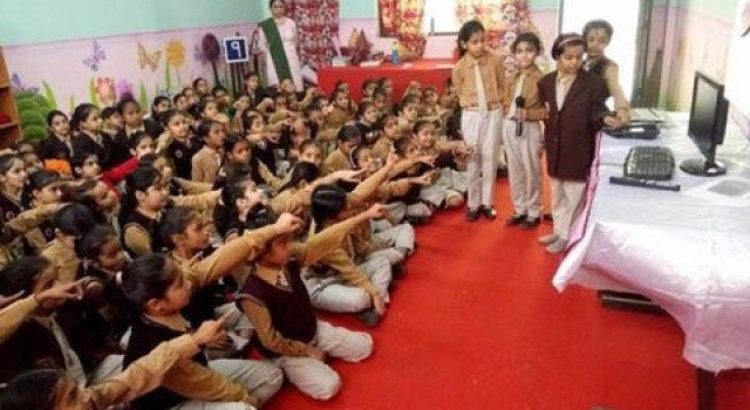
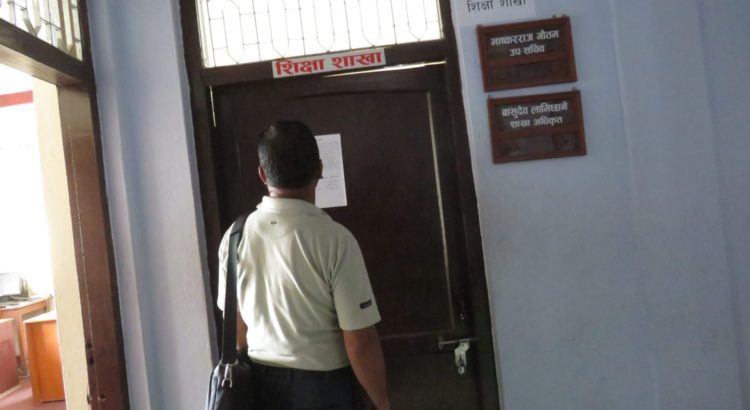
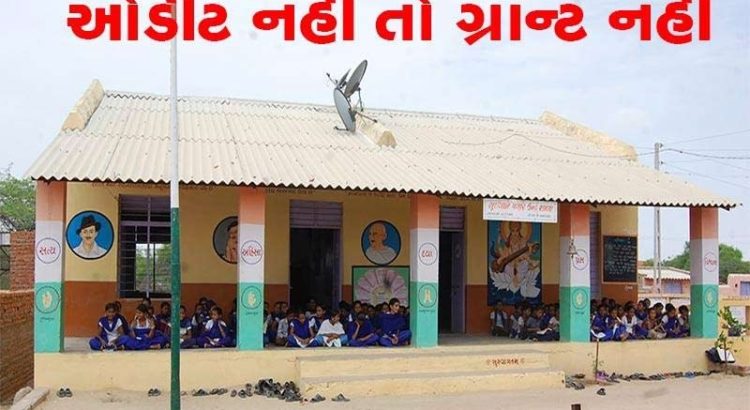
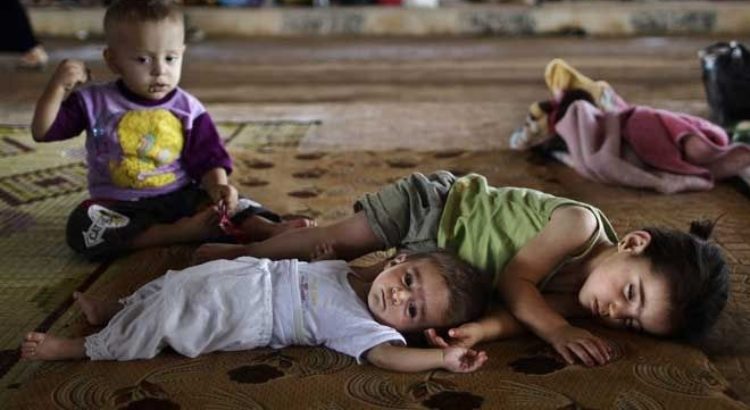
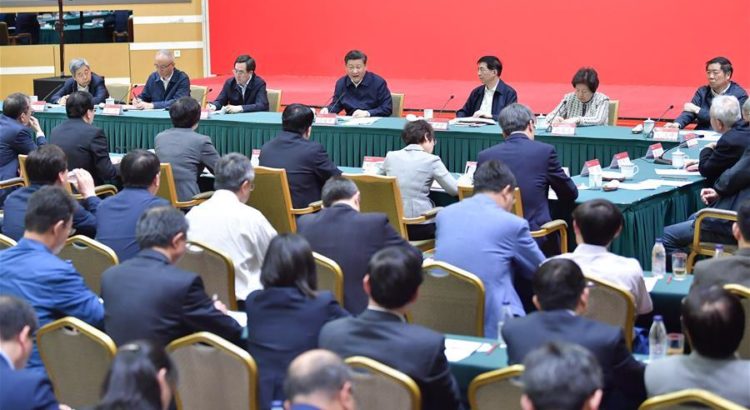
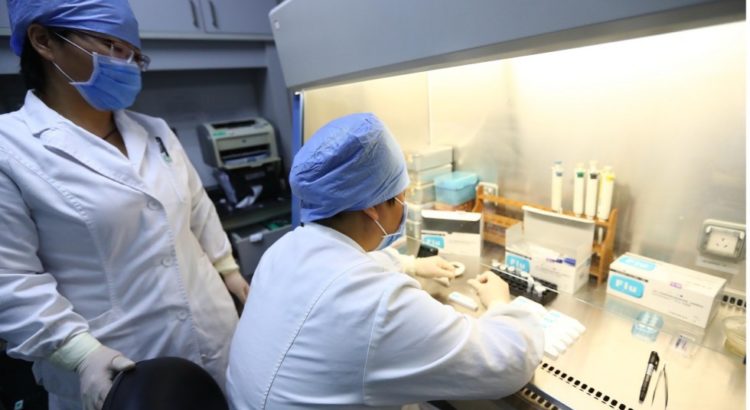







 Users Today : 6
Users Today : 6 Total Users : 35461467
Total Users : 35461467 Views Today : 7
Views Today : 7 Total views : 3421985
Total views : 3421985